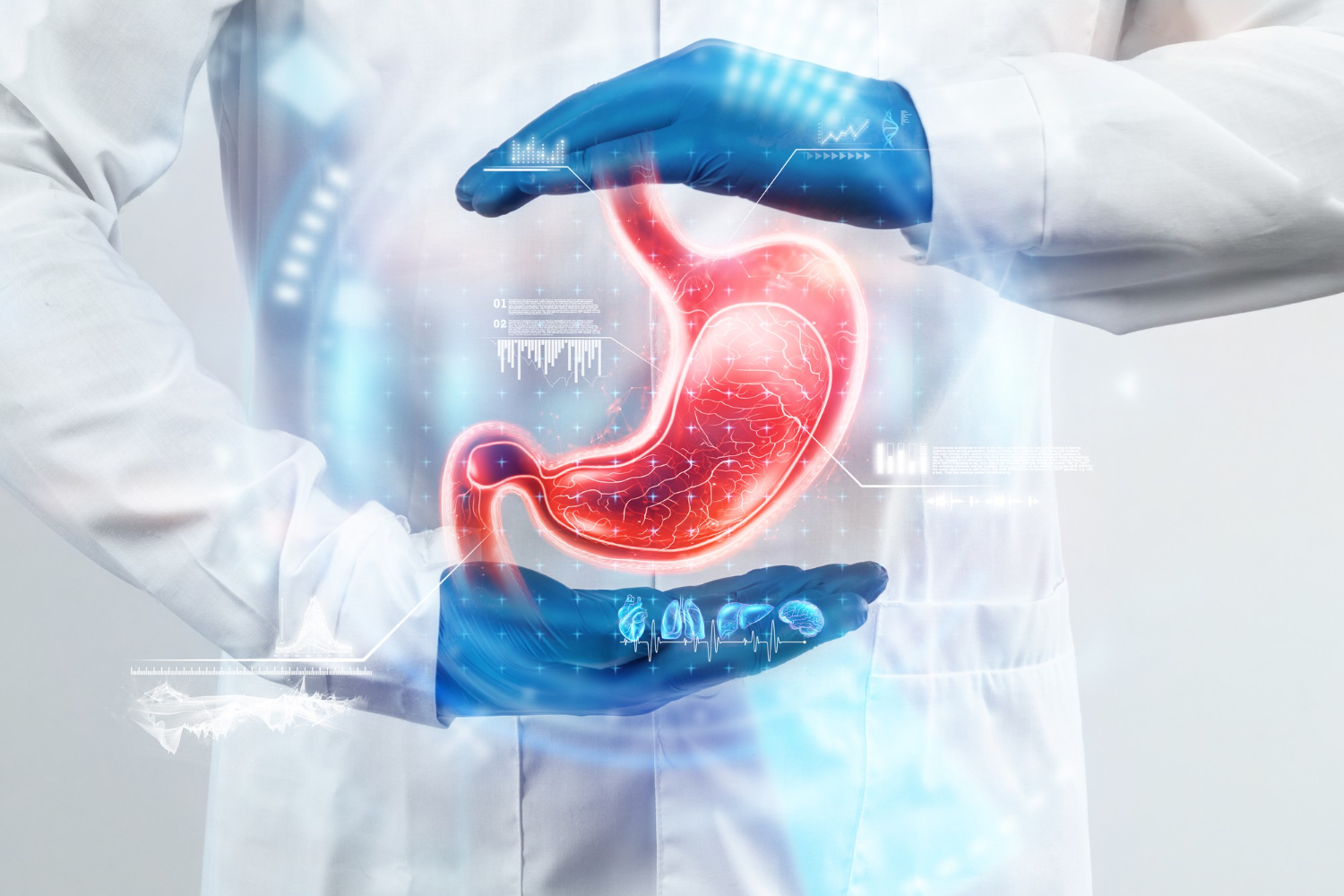
Epidemiology
Stomach cancer is the 7th most common cancer in the world. It also ranks 4th in cancer-related deaths. The stomach is the largest part of the gastrointestinal tract. Its main function is to store food and initiate digestion. There are cells in the stomach that secrete many substances, especially acid and pepsin. These cells are constantly undergoing proliferation and cell death called apoptosis. This dynamic cycle leads to mutations in stomach cells. Both environmental and genetic factors influence the development of gastric cancer.
The incidence of stomach cancer and deaths due to stomach cancer are decreasing in the world. The storage of food under more favorable conditions, increased consumption of fresh fruits and vegetables, increased use of antibiotics for Helicobacter pylori infection, and decreased smoking in western countries are among the reasons for this decline. Helicobacter pylori is recognized as the most important factor in the development of gastric cancer, but it is not sufficient for cancer development alone. Gastric cancer develops in 2-5% of patients with Helicobacter pylori infection.
The incidence of gastric cancer is highest in Far Eastern countries. It is more common in the elderly and men.
Mortality due to gastric cancer is decreasing worldwide. In Western countries and especially in Turkey, most patients are metastatic at diagnosis. As the stage increases, death due to stomach cancer also increases. In gastric cancer diagnosed at stage 1, 5-year survival is over 90%. In stage 4, it falls below 10%.
Risk Factors for Stomach Cancer
Risk factors for gastric cancer can be classified as exogenous (external) factors and endogenous (internal) factors:
Exogenous (external) factors:
- Helicobacter pylori infection
- Diet rich in nitroso compounds
- Diet poor in fresh fruits and vegetables, excessive salt consumption
- Smoking
- Ebstein-Barr virus infection
- Socioeconomic status
- Obesity
Endogenous (internal) factors:
Precancerous (precancerous) lesions
- Chronic atrophic gastritis
- Menetrier's Disease
- Stomach ulcer
- Previous stomach surgery (subtotal gastrectomy)
- Gastric adenomatous polyps
- Reflux disease
Hereditary (genetic) factors:
- Family history of stomach cancer
- 'A' blood type
- Lynch Syndrome
Although its incidence has decreased in the last 30 years, gastric cancer remains a common health problem. Many environmental, genetic and patient-related factors affect the development of gastric cancer. Helicobacter pylori and diet are the leading risk factors. Smoking also plays an important role in cancer development. Helicobacter pylori positive patients should receive appropriate treatment and eradication of Helicobacter pylori is necessary. Endoscopic follow-up should be performed in patients with chronic atrophic gastritis and intestinal metaplasia. In this way, cancer development can be detected at an early stage.
Contact Us To Get Detailed Information About The Subject


